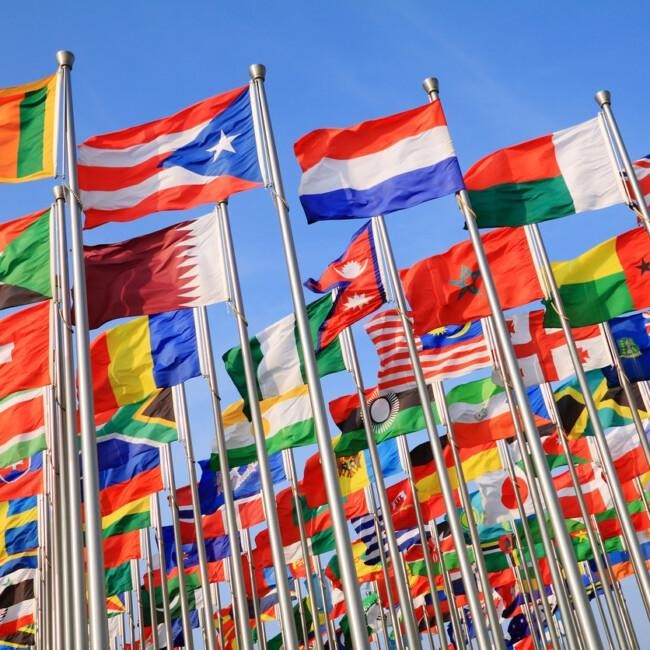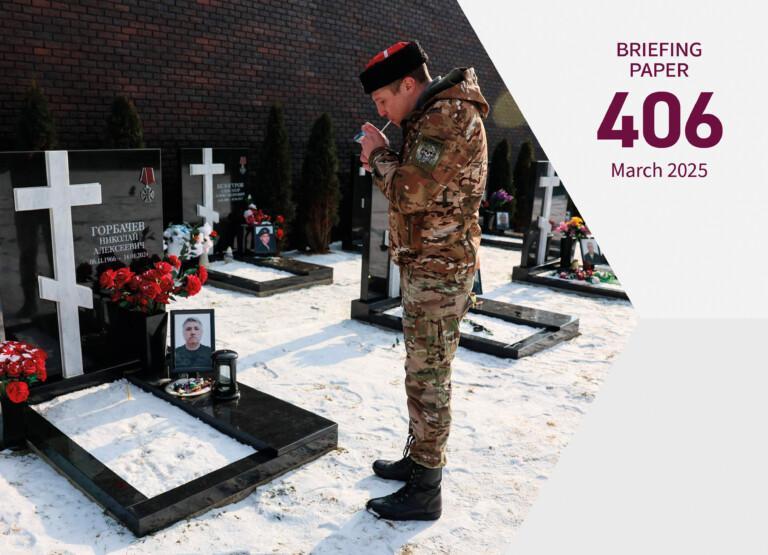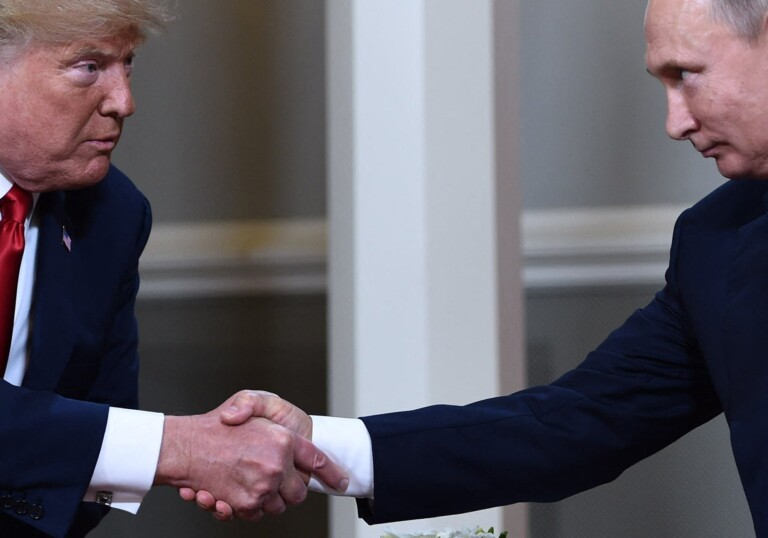
By banning US citizens from adopting Russian orphans, the Putin administration is attempting to deflect attention away from corruption issues and utilise anti-American sentiment to discredit opponents. But these latest efforts at manipulating public opinion may have unintended consequences.
In order to make sense of the seemingly inexplicable adoption ban that came into force on January 1 (the so-called ‘Dima Yakovlev law’, named in memory of a Russian orphan who died in 2008 due to the neglect of his US adoptive father), it is important to look beyond the format of Russia-US relations and to consider the current configuration of politics within Russia, as well as the core issue at stake.
The core issue driving the Dima Yakovlev law is corruption, not the welfare of Russian orphans living in the US, and this issue relates squarely to the US Magnitsky Act. The adoption ban is the Russian response to the Act, signed by Barak Obama on December 14, which imposes visa and banking sanctions on Russian officials considered complicit in the death of Sergei Magnitsky – an attorney who died in suspicious circumstances in pre-trial detention in 2009, having levelled serious allegations of collusion between state officials, the police and mafia groups.
A more symmetrical response by the Russian authorities, such as imposing like-for-like sanctions on those US officials involved in drawing up the Magnitsky Act, could easily prove counter-productive for Putin’s domestic approval ratings. An opinion poll conducted by the Levada Center in December 2012 showed that just over 20% of respondents opposed the Magnitsky Act, but that almost 45% supported US efforts to punish corrupt Russian officials.
The Dima Yakovlev law is a useful way to deflect attention away from the entire issue of corruption at a time when this should be in the public eye. Putin’s firing of Defence Minister Anatoly Serdyukov in November 2012 on suspicion of embezzlement is one of the highest profile graft cases to come to light in recent years, questioning the transparency of Russia’s multi-billion dollar defence spending plans as well as the government’s integrity.
The Dima Yakovlev law is also expedient in the way it supports the Putin administration’s efforts to tackle opponents at home by recasting them as some kind of foreign contagion. The authorities have increasingly sought to link the unrest following the December 2011 parliamentary election, including May’s so-called ‘Bolotnaya protests’, with a US-backed plot to destabilise the country. This narrative is clearly shown in the two ‘Anatomy of a Protest’ documentaries aired on the state-controlled NTV channel in March and October 2012. The Dima Yakovlev law serves to crank up anti-American sentiment and allows an easy association between the perceived mistreatment of orphans in the US and the regime’s domestic opponents.
Vladimir Zhirinovksy’s interview on the Vesti news channel on December 24 is a typical example. After singling out the US for its treatment of Russian orphans, he moved seamlessly to attack the US-backed ‘fifth columnist’ Bolotnaya protestors. In short, anti-American sentiment has become part of the regime’s strategy for dealing with the protest movement, but this sentiment will be difficult to sustain if the Magnitsky Act gains saliency as an issue, and if the public supports US efforts to tackle corrupt Russian officials.
Overall, the Dima Yakovlev law shares similarities with previous populist moves, such as Putin’s earlier ‘war on oligarchs’ that culminated in Mikhail Khodorkovksy’s jail term in 2005. It is little surprise that on December 23, just days before Putin signed the adoption ban, a new investigative film on the life of exiled oligarch Boris Berezovsky appeared on the state-owned Rossiya 1 channel. However, unlike oligarchs, the issue of orphans is more divisive, and this is where the Putin administration appears to have miscalculated.
One poll conducted by the Public Opinion Foundation (FOM) shows that no more than 56% of respondents support the adoption ban. Although this level of support should not be underestimated, especially in the context of Putin’s falling approval ratings, this issue does not have overwhelming support.
The problem with the Dima Yakovlev law is that the facts undermine the claims being made. Most Russians have a good idea of the poor state of child welfare in the country and information on the relative fate of orphans in Russia and the US is not difficult to find. For example, figures from the Ministry of Education and Science for the last available year (2011) show 181 deaths among children placed in care homes within the Russian Federation. According to US State Department statistics, 45,112 Russian children have been adopted by US citizens since 1999, including a significant number of handicapped children. To date, the Russian authorities have highlighted a total of 19 deaths among Russian adoptees in the US.
While the Dima Yakovlev law is not quite the irrational reaction that it appears to be at first sight, the Putin administration has been short-sighted in failing to see the consequences of making political capital out of this emotive issue. On January 13, thousands of demonstrators took to the streets of Moscow in a so-called ‘march against scoundrels’ to express their dismay at the adoption ban, in what was a surprisingly well-attended event.
At a time when the protest atmosphere in the country appeared to be dissipating, and when the Putin administration was hoping to move on from the travails of 2012, this latest restrictive law may have unwittingly presented the opposition with a fresh rallying call.









